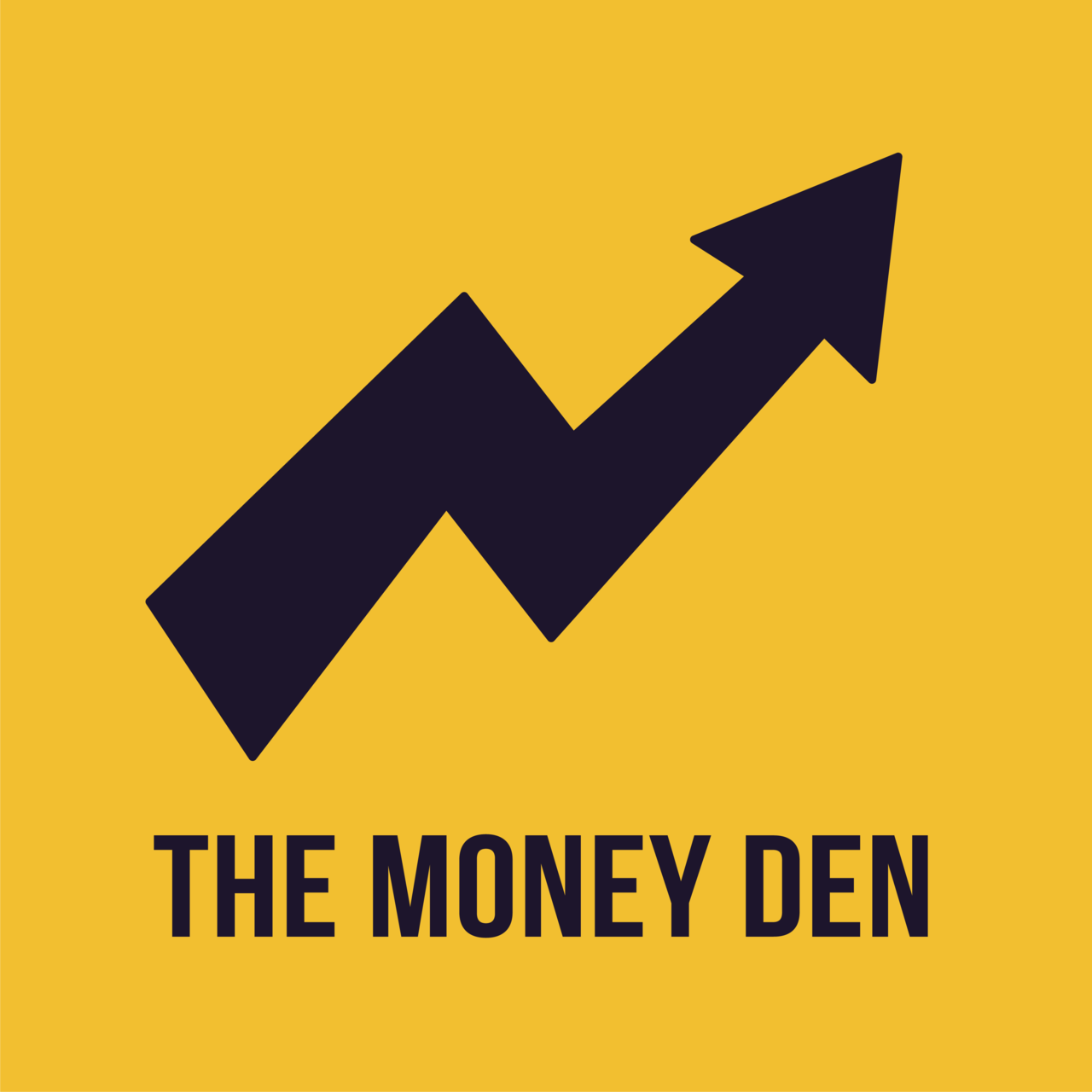In schools and universities up and down the country, millions of students are currently sitting exams that (they think) will define their future lives.
It is a nerve wracking time for sure, not just for the children (which most, if not all, still are) but for their families as well. When you’re in the midst of it, I imagine that it can feel that there is little else of more importance.
Come results season, if things don’t go your way it can be devastating. But I suppose there is always the consolation prize offered by the inevitable queue of celebrities lining up on Twitter to tell you how badly they did in their exams, and just look at how famous (and by implication, wealthy and successful) they are now.
Most exams in our academic system are technical in nature. They test the student’s retention of knowledge and ability to apply that knowledge in a pressurised environment. Now I’m not here to talk about whether that is a good thing or not, there are far better qualified people than me to listen to on that topic. I’m generally of the view that people should have fewer opinions, and on the topic of how it is best that we educate our children I am way over my skis.
But I do think that we all need to recognise that doing well academically is going to become less of an edge in a world where all the information that anyone could ever want is literally at their fingertips.
If I, for example, base my value proposition predominantly on being the most technically knowledgeable financial adviser out there, able to recall obscure pension legislation at the drop of a hat, then not only am I not going to be invited to many parties but I am also going to have a fairly major problem in a world where technology (yes, including AI) is developing at such a rapid pace. The moat offered by my superior knowledge is going to be eroded away pretty sharpish.
On LinkedIn the other week I saw that one of my peers (Guy Skinner, of Citygate Financial Planning) had coined the phrase “The Emotion Economy” and I thought that it was a brilliant description of where we could be headed, if we aren’t already there.
Based on how easy modern life is, relative to every other period in human history, there has objectively never been a better time to be alive than today. And yet unhappiness is at all time highs.1
The more that things get “better” and more efficient, the more that people (I think) pine for a simpler and more analogue time. The human connection becomes all important, particularly to those of us in the service industry.
Information has never been more available to us all and it has never been easier to exchange ideas and opinions with anyone else in the world.
Yet judging by my daily scroll through Twitter the internet seems to have broken quite a lot of people’s brains. Anytime that you are online, you are confronted with a sea of opinion - some sensible, a lot politely described as maniacal.
This is only going to get worse, and it is very easy to see how this madness of crowds might just be the worst possible thing to happen to your finances, if only you let it.
Already today searching for medical/dietary/financial advice online is akin crossing a minefield. Bad actors wait at every turn to give conflicted, or just plain wrong advice.
Having someone by your side, who behaves and speaks to you like a normal person, to help you to negotiate the mire of (mis)information that is out there - surely there is value to that no?
And even if AI means that it becomes easier than ever to find the “right answer”, at times the right advice can seem really bloody difficult to follow. The delivery of that advice, ideally in person from an empathetic and earnest adviser, then becomes key. The person is the product.
If I was asked to give any advice to my younger self, it would be to try and spend a little less time in the books and more time trying to develop yourself as a person.2 You won’t end up using 95% of what you’re working so hard to memorise anyway.
For those coming into the job market in five, ten, fifteen years - the challenge will be how to differentiate themselves in a world where their intelligence (no matter how hard won) is nothing more than a commodity. “People deal with people” is the old cliché, but it is likely to become ever more true - allowing your own unique personality to shine through offers the means to your success.
If you think that this all sounds a bit hippy-dippy and tree huggy, then I agree with you. It is! But it doesn’t mean that this isn’t the way that the world is going.
For those that “get it”, leverage technology to do the day to day as efficiently as possible but prioritise building real, genuine connections with those that they serve - well, they are going to clean up.
And what an opportunity for the unusual, the esoteric, the weird to thrive. Life is really boring when everyone looks the same, and if we are all forced to embrace the unique - well, then that all sounds quite fun to me.
Have a great weekend.
Fun fact: surveys are bullshit unless they confirm the point that you are trying to make.
Also, please don’t buy that bright white Fred Perry tracksuit top. You don’t look like you’re in a band, you look like James Corden.



